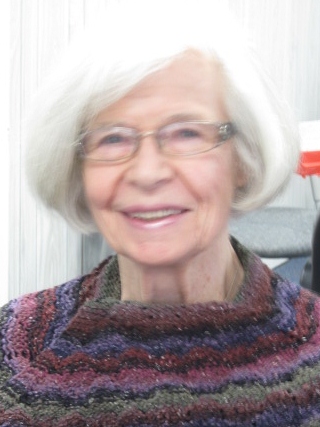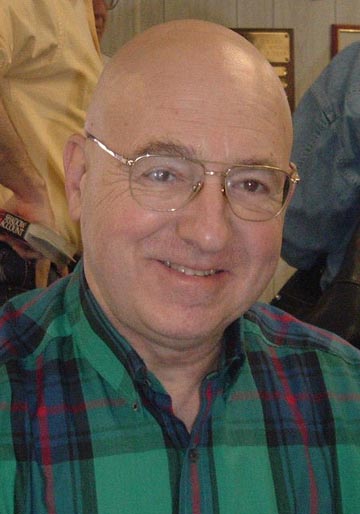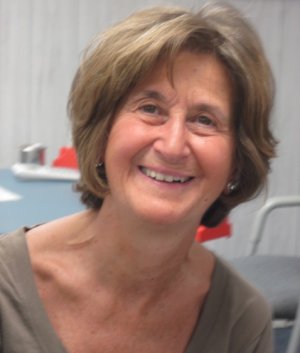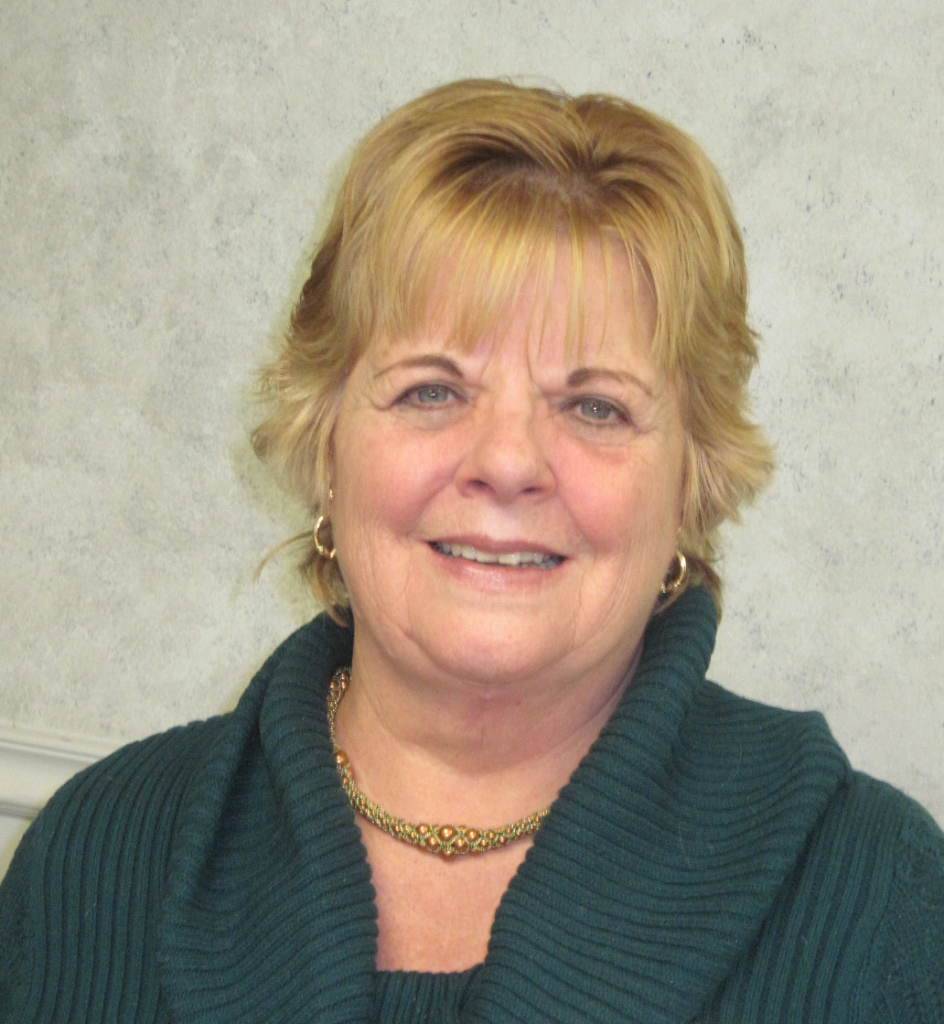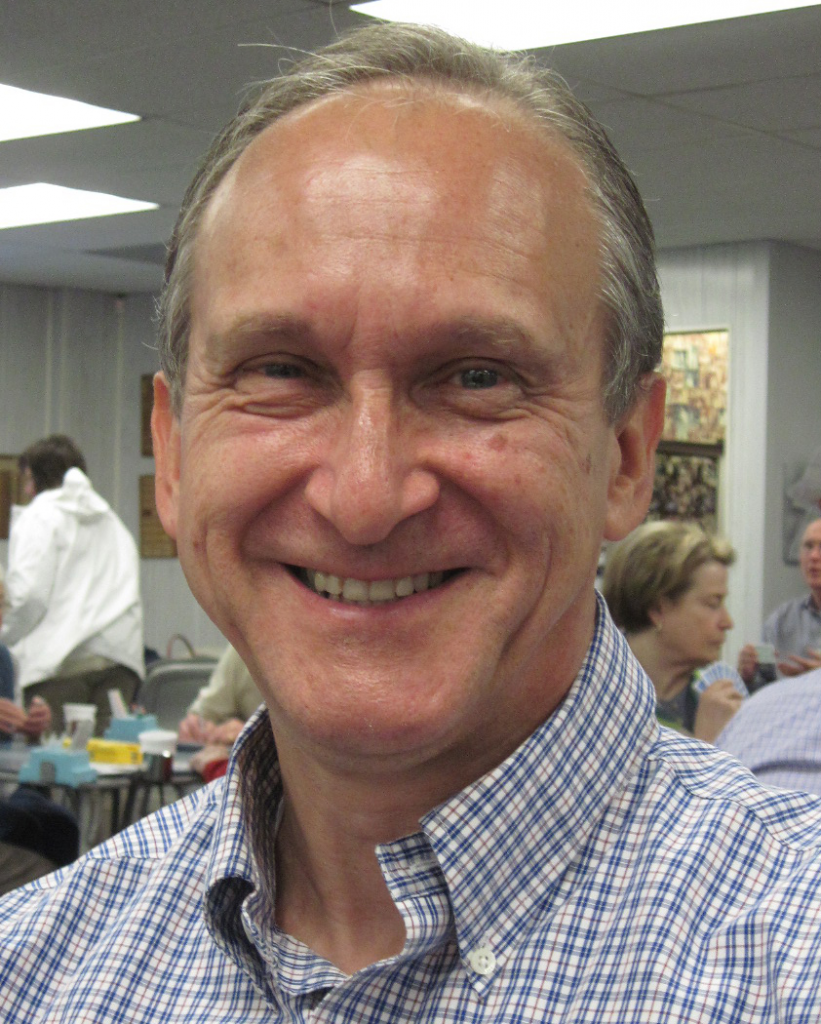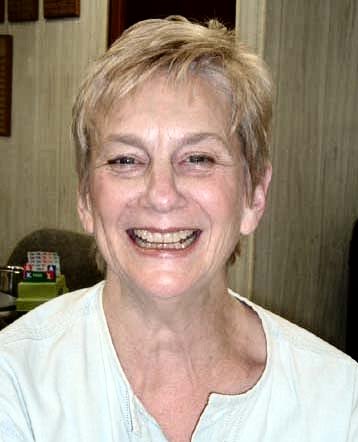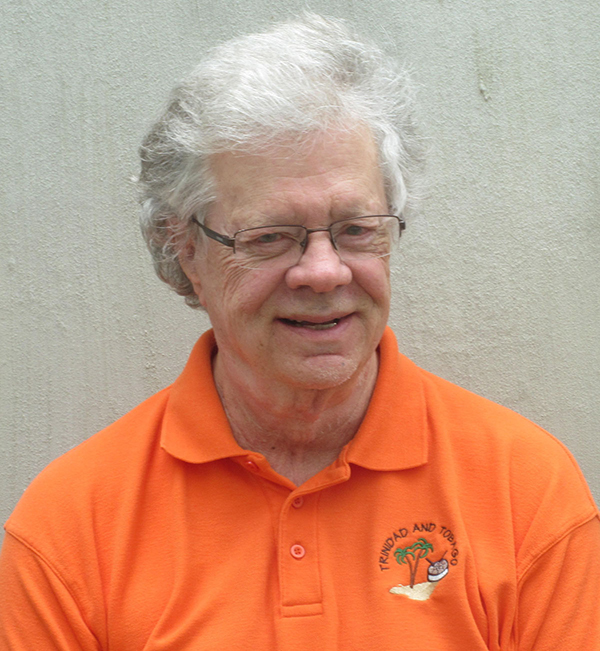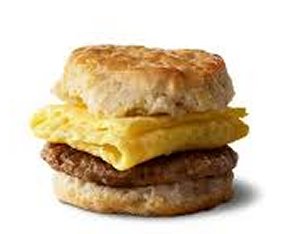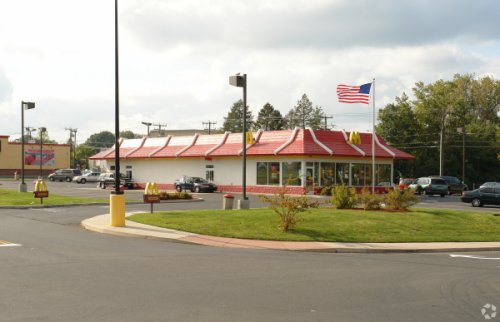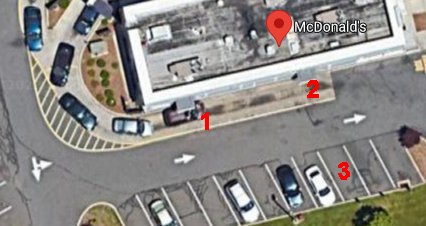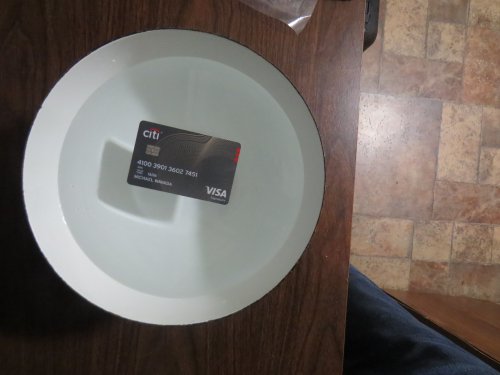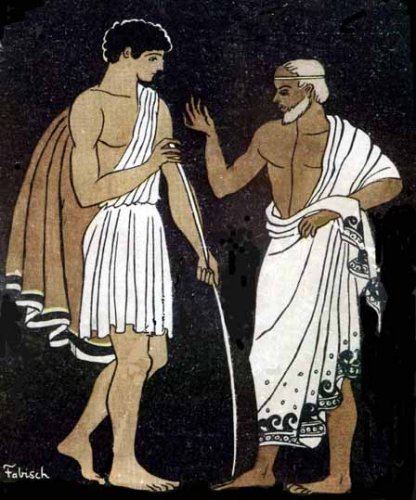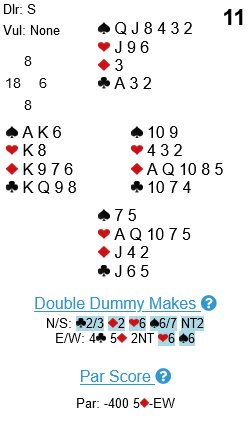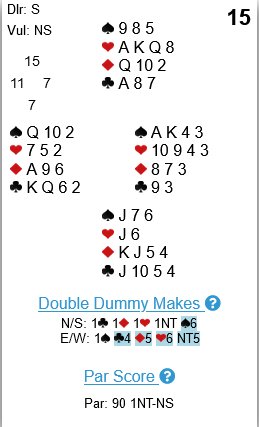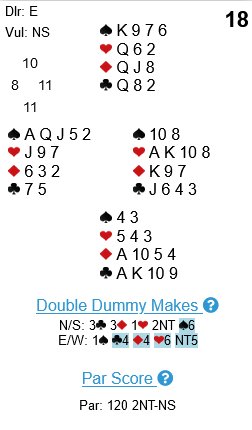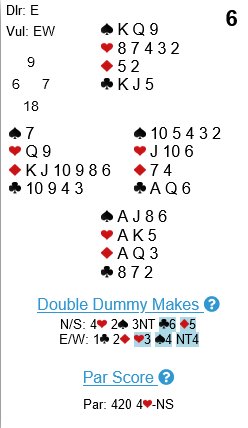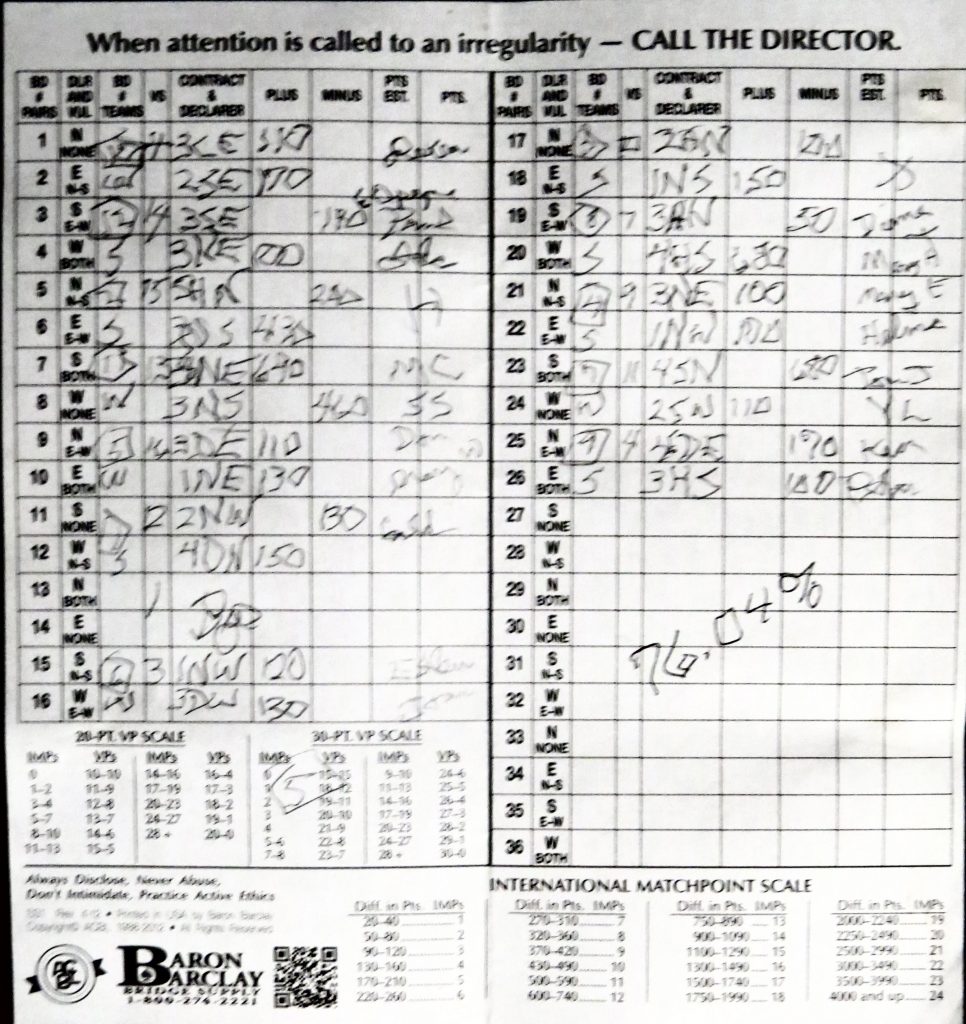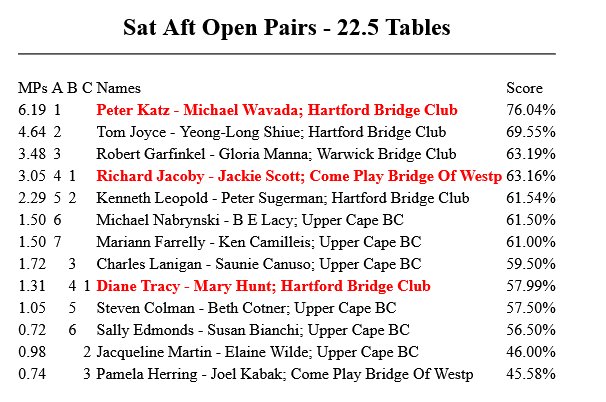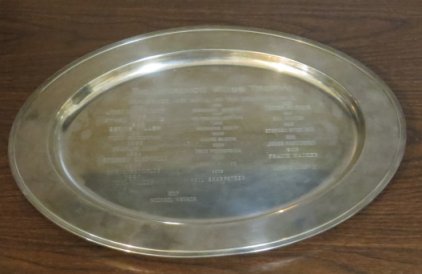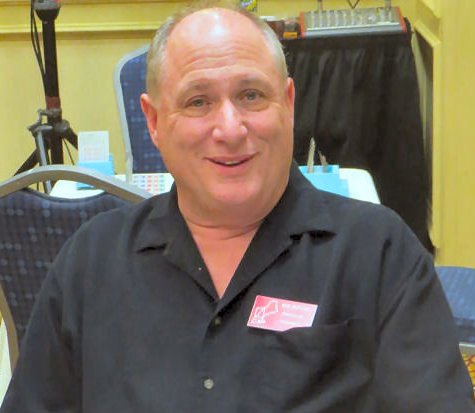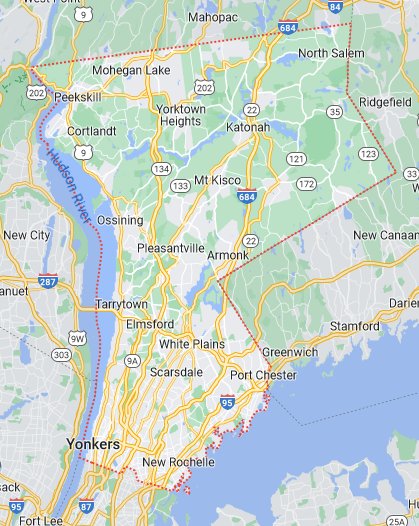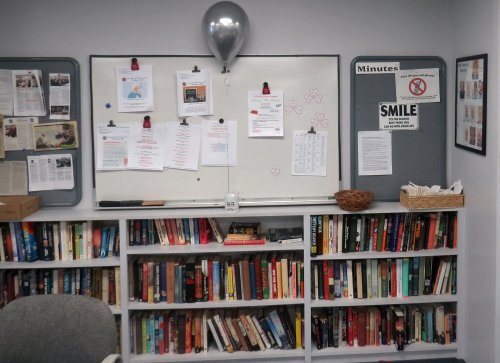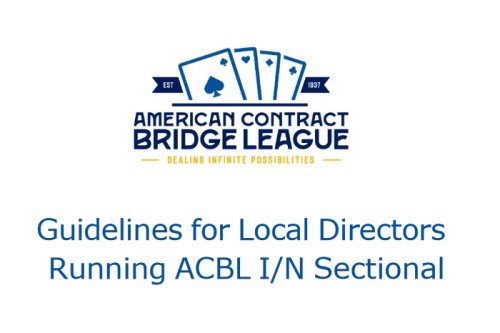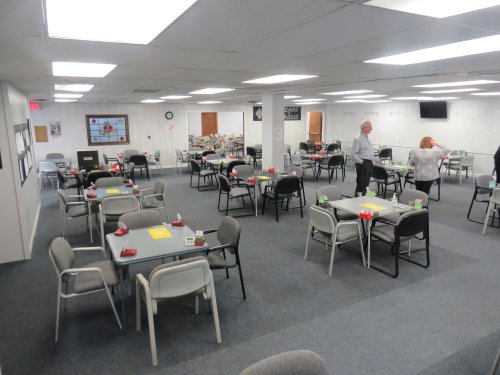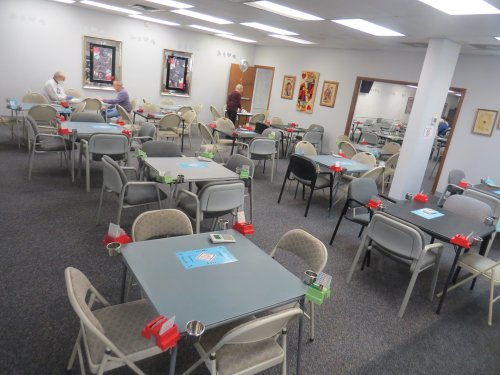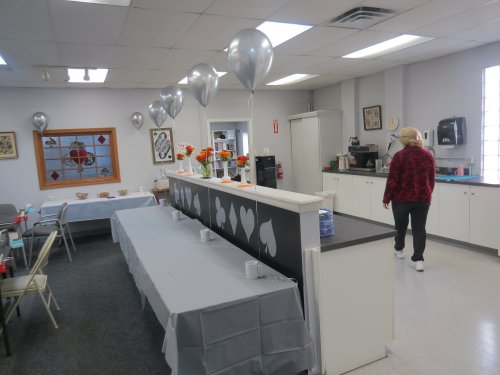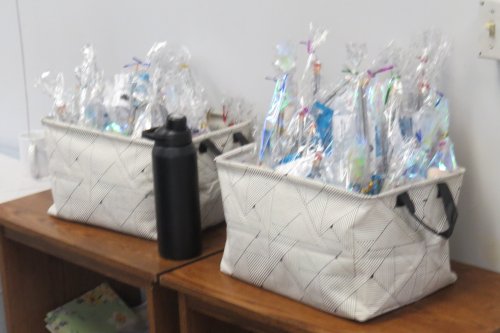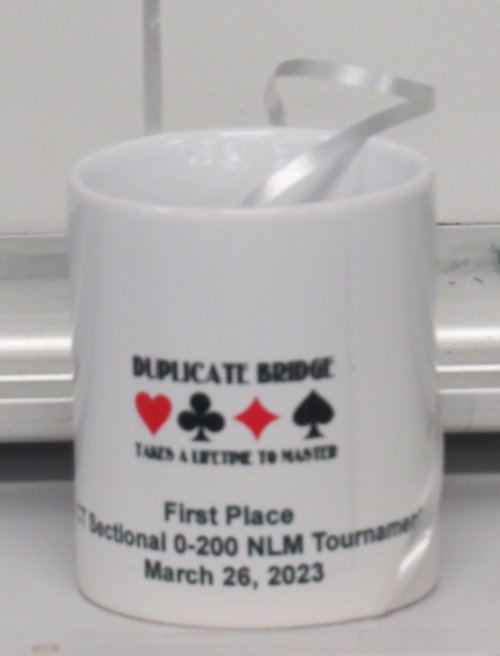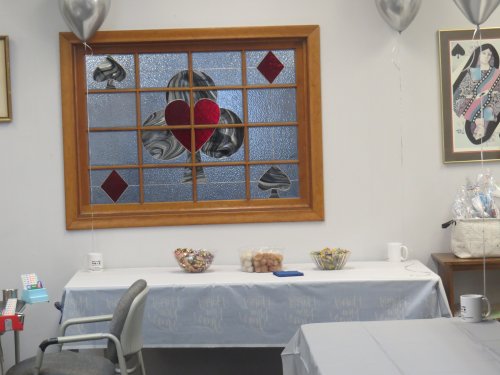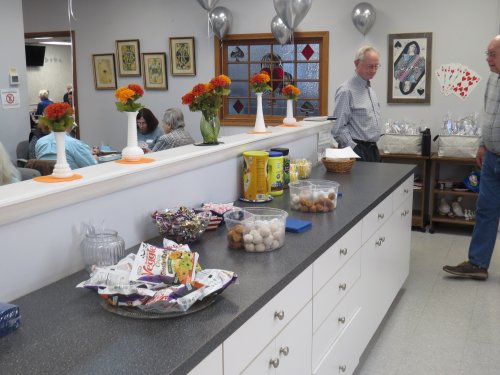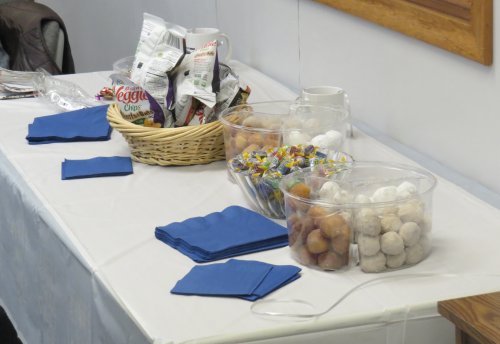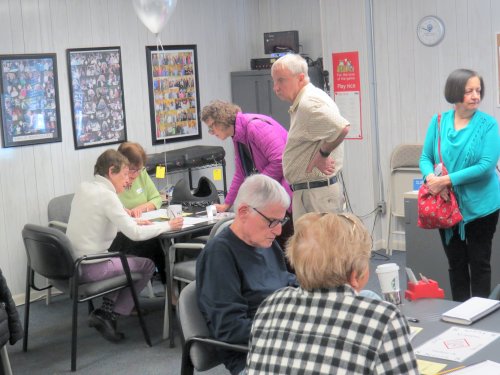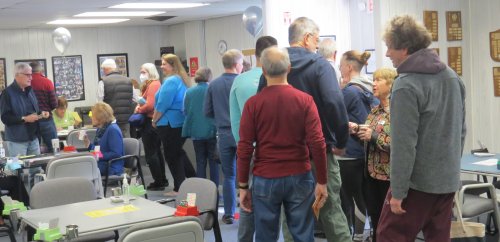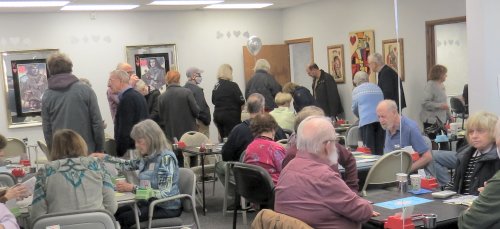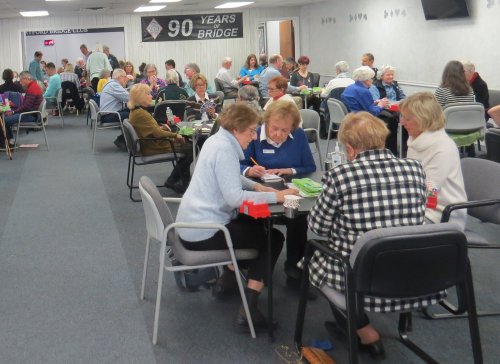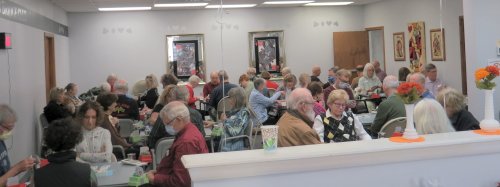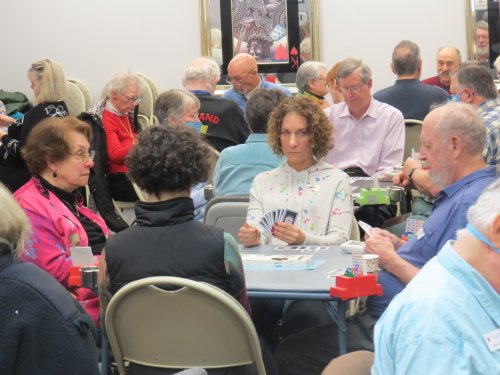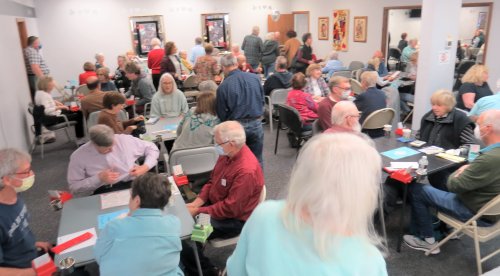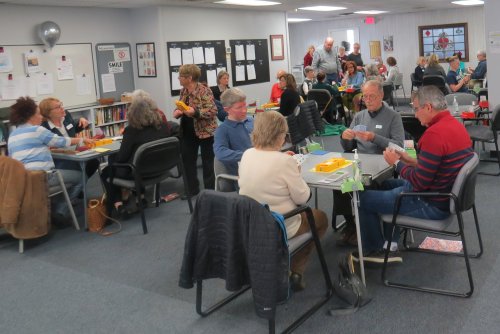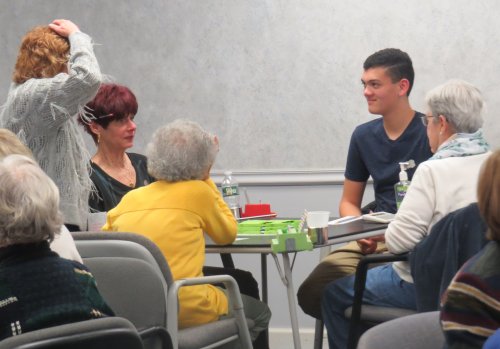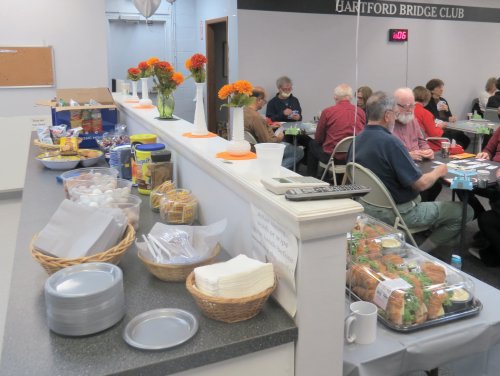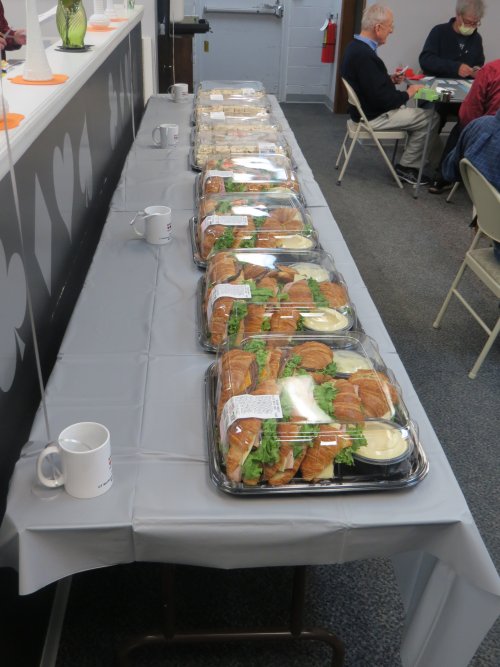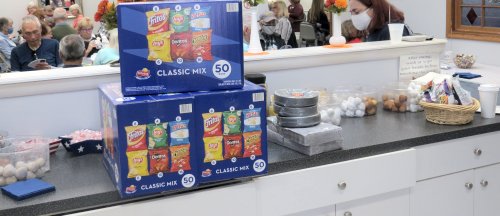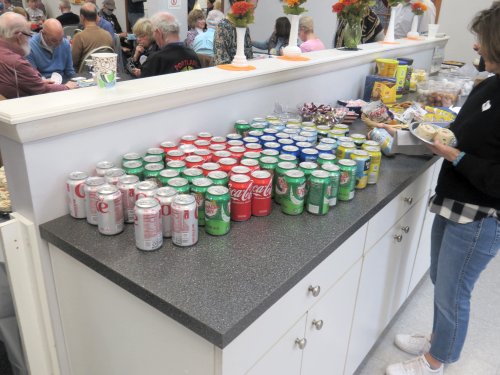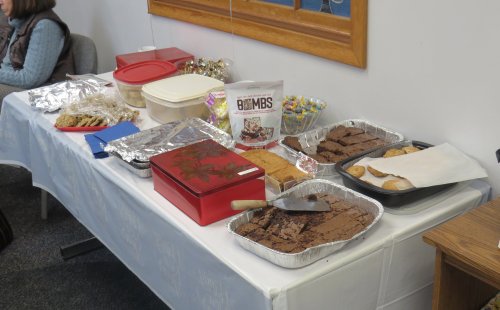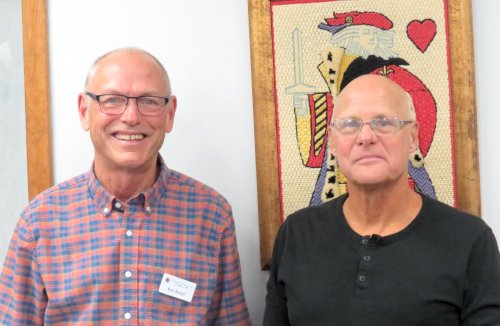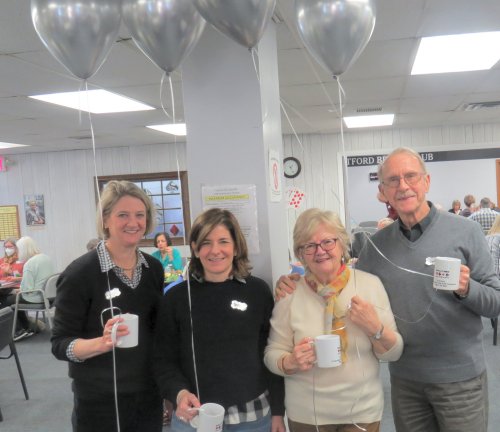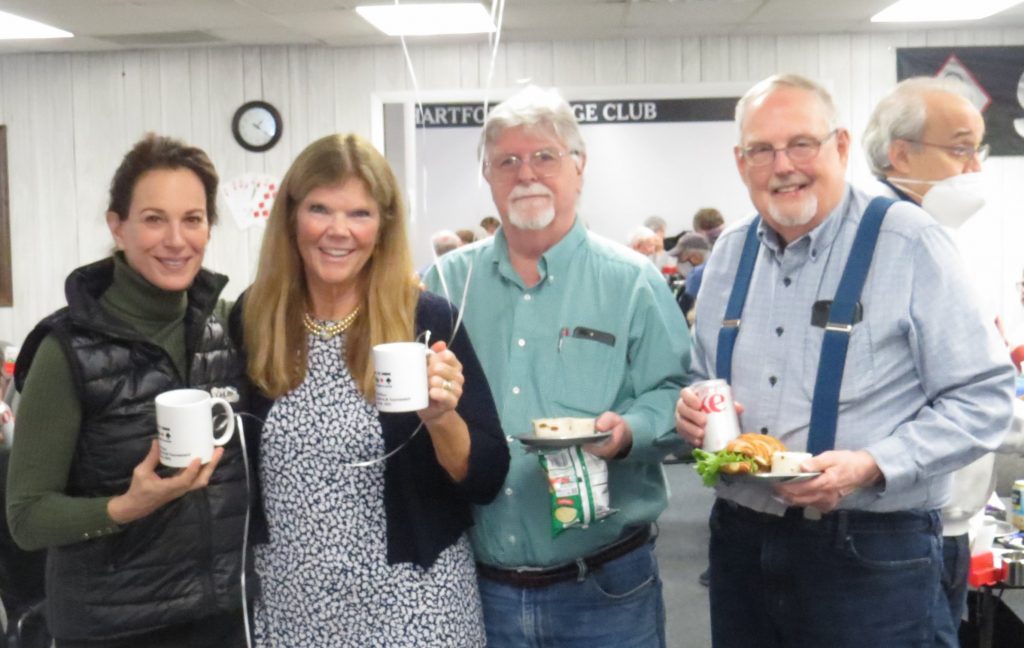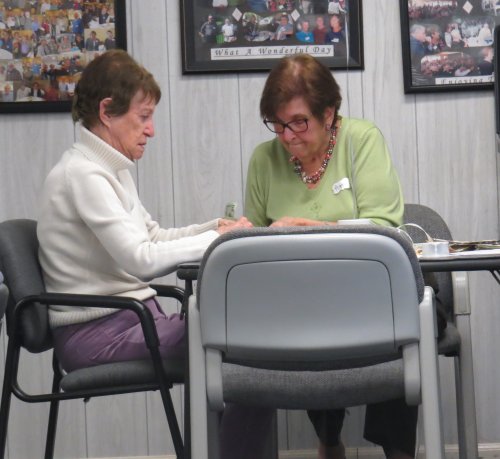Mentoring and short-term partnerships. Continue reading
This entry describes my partners who participated in the mentoring program of the Hartford Bridge Club (HBC) and the ones with whom I have only played once or twice. The regular partners can be found here. Those I encountered outside of the HBC mentoring program after the pandemic have been posted here.
Mentoring: The HBC’s Board of Trustees established a mentoring program several years after I became a Life Master. I cannot think of a way to set the date. The purpose was to allow newer players to pick up a few tips from more established players by playing together as often as possible over a three-month period. The incentive for the mentors was that one game per month was free. I always participated. I am not certain of the order of my partners, but I have put them in chronological order as closely as possible.
My technique varied little from year to year. I asked my partner what they wanted to focus on. I then asked them to send me a copy of the convention card that they were currently using. I wrote up a series of questions about the card/ After they answered we scheduled our play at mutually convenient times.
I communicated very little during the play. I generally try not to watch my partner’s play very closely because I do not want to make them nervous. If we had time after the round I might fo over anything that I noticed. Afterward I went of
My first partner in the mentoring program was Susan Glasspiegel1, who was already a pretty good player. At the time she played mostly with her husband Bob on holidays, in night games, and occasionally at the SBC. I also encountered them sometimes at nearby tournaments, where they often teamed up with Ru Cole and Silvia Szantos. I remember losing my temper when my team lost to them. I did not mind losing, but Ru was late turning in the score—for no good reason. That meant that both teams received the dreaded red dot. Two red dots would result in a loss of a victory point. My team never got the second dot, but theirs did.
I don’t think that playing with me had much effect on Sue’s bridge game. At the time she was pretty set in her ways. Bidding has always been my favorite aspect of bridge, and she made it clear that she needed to continue bidding the way that she did because Bob was unlikely to change.
I remember that Sue played Standard American rather than 2/1, her sparse set of conventions included the Brozel defense against 1NT openings. She also insisted that if she was responder after a one-level opening in a suit, and her right-hand opponent overcalled, that a 1NT response did not necessarily imply a stopper in the overcaller’s suit.
In later years Sue played at the HBC quite a lot with Lee Wilcox and a few other people. By then I think that her bidding was more sophisticated.
Sue suffered a very bad accident in 2022. However, when she heard that we had two and a half tables in Simsbury, she told Bob that she wanted to play so that we could have a reasonable game. That was very nice of her.
JoSue Coppa: JoSue usually played with her husband, Gene, described below, both in tournaments and at club games. I was a little surprised to learn that she had signed up for the mentoring program.
I cannot remember any memorable occurrences during our partnership. I don’t think that she advanced a lot.
Gene and JoSue moved to Fairfax, VA, during the Pandemic or shortly thereafter.
I also don’t have a lot of memories of playing with Linda Erickson. The main one is that I was scheduling games for her at the time that I had scheduled a game with Linda Starr. It was the first and (so far) last time that I double-booked. The other Linda was very gracious about the situation, although she admitted that she had placed a curse on us. Linda E. and I had a horrendous result.
I remember that Linda said that in her house she was the CEO of the kitchen. She evidently did not appreciate her husband messing around with culinary paraphernalia.
Linda served as vice-president of the HBC for a while. I guess that she was in line to become president, but for some reason she decided not to. My wife Sue, who was on the nominating committee speculated that her reluctance was because of the fact that she and her husband were moving to Charlotte, NC. However, she was still playing locally in 2020, so she must not have moved before the Pandemic.
Fran Weiner2 was a member of the HBC long before I returned to the world of bridge, but she did not have a lot of masterpoints. We only played together a couple of times. In fact, I ended up owing her
At the time, Fran’s daughter Jennifer, a novelist was involved in some kind of promotional event in California for one of her novels or screenplays or something. So, Fran went out to the West Coast to help her or to babysit or something. I expected Fran to get in touch with me when she returned, but she never did.
Bridge was not a very important part of Fran’s life. She was in the ACBL for twenty-nine years, and she only amassed 282.19 masterpoints. I doubt that she got much out of our association. Nevertheless, I was quite disappointed that she seemed to disappear from the HBC after that. I wanted to learn more about how her daughter managed to break into the world of publishing.
I often say that everyone in bridge has an interesting backstory. Hers certainly qualified.
John Calderbank came to the mentoring program with a specific objective, to learn the 2/1 bidding system. I wrote up a description of the differences between the Standard American that John had always played and 2/1. The differences were not insignificant, but there were not a lot of new things to learn.
John probably got more out of our partnership than any of the other people with whom I worked. When I wrote this entry in 2023 I was still playing with him in the morning game at the HBC nearly every Tuesday. I subsequently have taught John a few new conventions, but he mostly has wanted to take it slowly.
John and Mary Sullivan (below) took over management of the mentoring program in 2022. Their oversight was far superior to the previous coordinator’s.
In 2023 John was still doing a lot for the club behind the scenes. In addition he and his wife Nancy (below) were running an unsanctioned game in their home town of Glastonbury. He also took and passed the ACBL’s directorship test. His first assignment for the club was to direct the Sunday afternoon High-Low game. My wife Sue and I played in it regularly.
Of all of my mentoring partners3, Mary Sullivan was the most conscientious. She always responded to my emails, which she shared with her regular partner, Xenia Coulter, and she usually had additional questions.
Xenia was already a Life Master when I started playing with Mary It did not surprise me at all when Mary achieved the same rank in 2022.
In 2023 Mary was still running the the club’s mentoring program with John Calderbank (above). She also was assisting several of the other programs aimed at helping newer players.
Mary has hearing difficulties and macular pucker, scar tissue in the macula that can distort vision. Through my first seventy-five years I avoided the first of those, but I was still struggling with the latter in my left eye.
In 2022 Nancy Calderbank asked me to be her mentor. Like her husband, John, she had been playing bridge for a long time, but she wanted to learn how to play the 2/1 bidding system. We only got to play together a few times, but I am pretty sure that she had mastered 2/1 by the time that the mentoring period was finished.
I also worked with Nancy for three years on the HBC Board of Trustees. She and John, whom she called a “busy-body”, also ran an unsanctioned bridge game in Glastonbury, CT.
In the summer of 2023 I got to meet and play with Fran Gurtman, who had much less experience than any of the other players whom I had mentored. She was still a practicing physician when we started playing together.
Fran had taken online lessons. The first convention card that we played was very unsophisticated. It had no defense against 1NT openings, and it also lacked Jacoby 2NT, New Minor Forcing, Drury, and other conventions used by most of the mid-level players at the HBC. We only played together, but she felt comfortable adding most of them.
On November 8, 2023, Fran was driving from her home in Avon to play with my wife Sue in the weekly Wednesday evening game at the Simsbury Bridge Club. A deer jumped in front of her car. The collision killed the deer and damaged the auto. She called Sue to ask if she was still needed. Sue told her that we would not be able to have a game if she dropped out.
So, after filing a police report Fran drove the car, which was difficult to steer, to her house and drove a different car to the game. She arrived only a couple of minutes late.
A new mentoring session started in January of 2024 and ran through March of the same year. I was assigned by the mentor program to work with Mike Kaplan, who had even less experience than Fran did. Our convention card contained a lot of blankness. I taught him New Minor Forcing, Fourth Suit Forcing, and the two-suited bids.
Unfortunately, we had to play in the open pairs games at the HBC. Our results were therefore not very good, but I think that Mike learned quite a bit. I wrote up all of the hands on which we did poorly as I always did. I could have played for free in three of the games, but I donated the money to the HBC, which got reimbursed $30 by the CBA.
Playing with Mike on March 7 I was dealt the following hand: ♠A5432 ♥A653 ♦A5 ♣62. This hand had no face cards and only forty-four pips, an incredibly low number. The lowest possible number is twenty-eight. Mike had a very good hand, which got a lot better when blended with my three aces. He took all the tricks, but we only bid 4♥. We got a bad score.
At the same time I served with Mike on the HBC Planning Committee.
One-time partners: For quite some time I have maintained a spreadsheet with one line for each person with whom I have played at least one entire session in a sanctioned game at a club or tournament. Below is a list of the ones with whom I played only one or two games at the HBC. They are listed in alphabetical order, mostly just to make things easier for me to make sure that I did not skip anyone.
A guy whose last name was Balasubrama played on Saturdays a few times one summer at the HBC. He asked everyone to call him Bala, but the spreadsheet also has KC in the First Name column. On at least one of those occasions I played with him. He was pretty good, and he liked to play with me.
I could find no trace of Bala either online or in my database of players. Perhaps he dropped out of the ACBL before I began downloading the rosters in 2013. It is also possible that I have his name wrong. Unfortunately, in 2023 there is no longer a way to look up HBC results on the Internet.
Myrna Butler lived in Southwick, MA. She came down to the HBC to play occasionally. I played with her at least once at the HBC. I am pretty sure that she answered one of my mass emails soliciting partners.
I remember that some time after we played together I found a card filled out by Myrna at the partnership desk at the regional tournament in Cromwell. My team had been eliminated in an early round of a knockout. We planned to play in the next day’s “Loser Swiss”, but one of our team members was not feeling well. Since we had already played together, I assured the remaining members of the team that I would play with Myrna. However, I was unable to get in touch with her. I later learned that she had gone home and had neglected to remove her card from the partnership desk. I don’t recall how the team dealt with the situation.
I played in a Swiss team event at a tournament in (I think) Hyannis, MA, with Myrna and her partner, Connie Dube (introduced here). They were late for the first match. Helen Pawlowski, the tournament manager, and Sally Kirtley, who at the time was learning Helen’s job, sat in for the first match. After she learned whom she was replacing Helen said, “Oh, Myrna’s always late.”
Myrna has played a few times at the HBC since it reopened after Covid-19.
Gary Cohen played bridge for only a little more than a year, but what a year it was! He played mostly at Stan Kerry’s West Hartford Bridge Club (WHBC) game at the temple in West Hartford3. During his first year of play Gary amassed more masterpoints at club games than any other rookie in all of North America. That earned him the national Ace of Clubs award, as well as the district and unit versions. Since I was still playing with Dick Benedict, that must have been in 2008.
I am pretty sure that I played at the temple with Gary once. He made a joke about getting out the big (circumcision) knife. Although we did pretty well, I did not enjoy the experience much. Stan’s laissez faire style of directing was not appreciated by serious players like myself.
I am certain that I played with Gary at the HBC. It was on December 31 of, I think, 2009. Gary asked me to play in hopes of augmenting his chances of winning the award. We did win a fraction of a black point, but, as it turned out, he didn’t need it.
I remember playing on a team with Gary at the Cromwell tournament the next year. We had to play against Y.L. Shiue’s team. Gary did not think that it was fair for us rookies to be matched against “the best card-player” at the club.
Gary, who was a professional photographer, often went on vacations with both his wife and his ex-wife—at the same time! He insisted that he could get away with this because he was “a catch”. His LinkedIn page is here.
Gene Coppa and his wife JoSue (introduced above) joined the HBC a few years after I did. I played with Gene at least once at the club. We played together at a limited game on Wednesday afternoon that was designated as an NAP qualifier. There were at least ten pairs. Gene and I were the only people in the B strat. All of the other players were in the C strat and had considerably less experience than we did. So, we should have easily been able to qualify; in fact, we should have won.
Instead I got the worst result that I had ever received at the HBC. We finished dead last, and we did not earn our Q.
I was playing East that day; prior to that time I had always sat in North, South, or West. For quite a few years thereafter I refused to sit East in that building. When I began playing with Joan Brault (introduced here), she insisted on playing West when we were assigned to sit East-West, I reluctantly discarded the superstition.
Gene served a term as HBC president. He also served as hospitality manager for Unit 126 before the Pandemic. He and Jo Sue moved to Fairfax, VA, in 2022.
Phyllis Crowley was a fairly new player when I was paired with her for some reason. She was, in my recollection, somewhat overwhelmed by the event.
I think that she still plays in limited games in 2023. I have not seen her in any open games, but she was still on the email list.
I remember playing with Lucie Fradet once at the HBC, but I do not remember the circumstances. I remember, too, that Felix Springer and I helped her to win some gold points at a regional while playing in a Swiss event of some sort.
In 2023 she was still a member of the HBC , but she mostly played at the WHBC.
In real life Lucie had been a French teacher, and she still loved to speak in that language.
I am certain that I played with Marsha Futterman only once at the HBC. She was a very good player at one time. She even won the Governor’s Cup at a sectional, but she refused to take the very large trophy home.
Marsha often played with Peter Katz. She told me that she thought that she was a better bidder than Peter, but Peter played his cards better. That may have been true then, but Peter’s bidding improved, and Marsha’s play did not.
Marsh directed the Saturday games at the HBC. Her husband, Carl, often came with her, helped set up and clean up, and filled in at the bridge table when necessary. When Marsh played with him (to avoid a sitout), she was constantly frustrated by the way that he played. I suggested that she could play with my partner, Peter, and I would play with Carl, but she did not want to do that.
Marsha gave up bridge after the Pandemic. I don’t know why.
Carl Futterman died on November 12, 2023, while I was composing this entry. His obituary can be read here.
Margie Garilli has for year run one or two games in the northeastern suburbs of Hartford. She has played at the SBC quite a few times, mostly with Donna Lyons. She seldom came after the Pandemic because she could not drive at night.
Margie, who is a pretty good player, asked if I would play a game with her at the HBC. I quickly agreed. I don’t know if she got a great deal out of it, but she seemed to have a good time.
Marilyn Goldberg was an exceptionally good player with much more experience than I had. She asked me to play with her very late in her career. I made a mistake—I don’t remember the details—and she remarked that she knew that I would do that. That hurt.
Marilyn died in 2022 at the age of 93. Her obituary can be read here.
I played with Judy Hyde quite a few times before she moved from the Hartford area to Northampton, and I played with her a couple of times at the Northampton Bridge Club before she paired up with Bob Sagor.
On one occasion at a regional tournament in Nashua, NH, my wife Sue and I went out for supper with Judy (my partner at the tournament) and Judy Cavagnaro (Sue’s partner). The unusual aspect was that Judy C. was married to Jud H.’s ex-husband, Tom Hyde. There was not a bit of animosity between the two Judys.
On her eightieth birthday Judy bought herself one lesson and game with a local pro, Doug Doub.
Judy served as the representative of Unit 186 (Western Massachusetts) on the committee that I formed to determine the first winner of the Weiss-Bertoni award. That process was described here.
C.J. Joseph‘s first name was Carolyn, but absolutely nobody called her anything other than C.J. I only played with her once.
C.J. met her husband, who was (to the best of my recollection) a hospital administrator while they were both attending the University of Michigan. So, most of our conversations were about the Wolverine football team.
She left the Hartford area for a seaside home they built in Englewood, FL She scoffed when joked about her house being washed away. I don’t know; the Ross Ice Shelf is several hundred meters thick and the size of France. Nothing but friction is holding it back.
In 2023 C.J. was still a member of the ACBL, but she did not appear to be playing any more. A lot of that happened during the Pandemic
Joel Krug was still a regular at the HBC as I wrote this in late 2023. I only played with him once, but I recognized him on an old photo of an annual meeting, and none of the other members looked familiar.
The only thing that I remember about our game was that he was surprised that I knew how to play the McCabe Adjunct as well as the Brozel 1NT defense.
Joel was one of the best players at the club. He may have lost a step over the years, but he was still formidable.
I played at least one round with Pam Lombardo, when she was just a novice. Maybe it was during one of the first sessions of the Sunday high-low game before Covid-19.
Pam has had significant health issues that seemed to affect her ability to play, but in 2023 she was still an active member of the club.
A friend of hers named Butch Norman was one of two recipients who objected to me using the name Tonto in one of my emails. I discussed this incident in detail in the blog entry that I posted here.
At one time Donna Feir planned to hire Pam as a director, but that plan never came to fruition.
Jim Macomber (MAY cum ber) was a regular player in the Tuesday evening games when I first started playing at the club in 2008. I may have played against him more times than against anyone else.
One of Jim’s regular partners at the HBC morning games was Jeanne Striefler. I asked Jeanne and Jim to team up with Eric Vogel and me for the knockout in the Presidential Regional in Southbridge in February of 2023. We did very well on the first day, but terrible on the second. The saga has been recorded here.
Later in 2023 I finally got to play a round as Jim’s partner. I had long respected him a great deal. Our result was uninspiring, but it left me hoping for a second chance.
When Jim had his cataracts removed in the late summer of 2023 he was left with double vision, something to which I could relate. He was unable to drive until he got a pair of glasses to address the situation.
Partab Makhijani was my regular partner on Tuesday mornings at the HBC before Covid-19 caused the club to close. We played a fairly sophisticated card. I remember that he criticized one of my bids once, but I don’t recall the details.
Partab did not return to the club after it reopened in 2021, and I have not heard any explanation for his absence. His LinkedIn page, which is posted here, in 2023 listed him as part of the adjunct faculty of the University of Hartford.
Lesley Meyers was (and still is in 2023) one of the best players at the club. We only played together once. There must have been something about my style that she did not like. She never responded to any of my emails after that.
Lesley (LEZ lee) notices things about people. She was the only person who noticed the golf-ball-sized lump on my left elbow that was presumably caused by the effort required to extract gallons and gallons of water from the basement of our house in Enfield after Hurricane Ida in September of 2021. That episode is recounted here. I am glad that she noticed the problem. I saw a doctor about it, and he gave me a wrap that eventually reduced it to nothing.
Lesley was also the only person who asked me about the fingernails on my left hand. They apparently got severely bent and bruised when I fell in Budapest in May of 2022. That misadventure has been described in detail here.
When I first started to play at the club, no one intimidated me as much as Lesley. She was not tolerant about novices who took excessive times concocting their bids.
I remember distinctly that Nancy Narwold told me that one day that she would surprise me and respond positively to one of my emails soliciting one-time partners. Her name is on my spreadsheet, and I have a convention card for her. Therefore, it must have happened, but I don’t remember it. It seems strange that I remember the off-hand comment more than the 3.5 hour game that it resulted in.
I do recall that before she became a Life Master Nancy played almost exclusively with another woman whose name has escaped my memory—Karen Somebody, I think. The HBC held a party when the two of them achieved Life Master status. I attended. The other lady told tales about their efforts to attain the rank, including something about answering a knock on the door of their hotel room in a nightgown. I always considered Nancy a much better player than her partner.
After that event I don’t think that they ever played together again. From then until the closing for the Pandemic Nancy played mostly with Joel Krug. She also ran an unsanctioned bridge game at one of the country clubs on the west side of town.
I have deduced that in 2023 Nancy teaches business at Manchester Community College. If so, her LinkedIn page is here. She is still winning masterpoints; she probably plays online.
Val Orefice was not as serious about bridge as most of the people on this list. Although she joined the ACBL in 1994 (ten years before I did), she only made Bronze Life Master in 2012, a year after I did. She dropped out in 2018.
I remember only two things about Val. The first was that she did not seem to be familiar with several of the conventions that nearly all the accomplished players used. The other was that she pronounced her last name the same as the common word “orifice”. The Italian word orefice means goldsmith and is pronounced oh RAY fee chay.
I played with Pam Palmer a few times when her main partner, Aldona Siuta, could not play. Pam. They played a much simpler system than I was accustomed to. They very seldom made mistakes, and both of them were very good at playing the cards.
In 2023 Pam was still playing, but at a much reduced rate. She seemed to be very frightened of Covid-19, perhaps on account of her partner.
Both Pam and her partner were quite active in the same church attended by the Calderbanks.
Susan Pflederer, who was (and still is in 2023) one of the best players at the HBC, once told me that she wanted to play with me because she had a hard time playing against me. This astonished me because I did not remember having particularly good results when I played against her.
I know very little about Susan. She had been playing bridge for a long time when I started. I seem to remember that our results were mediocre. I probably made some mistakes that she noticed and I didn’t. We never played again.
After the Pandemic Susan has played less than she did before.
Trevor Reeves has the unique distinction of playing with me without making it onto my spreadsheet. When we were scheduled to play together a second time, he was able to show me the results from our first partnership. I cannot imagine how it could have happened, and I took no notice of it.
Trevor learned to play bridge in England, which explains why his BBO handle is ACOLyte. Trevor is a very good player. Although in late 2023 I still have more masterpoints than he does, the people in the club obviously consider him a better player than I am.
Trevor formerly played as a teammate of mine at many tournaments, and we did quite well. He also played with me in a pairs event at the Summer NABC in Toronto in 2017 (no notes?). We won our section in the evening session.
I would like to play more with Trevor, but he obviously prefers other partners. He asked me to play with him in the sectional in Orange in August of 2023, but I had to turn him down because of a previous commitment to play in the sectional in Great Barrington, MA.
Trevor’s primary partner at tournaments has been Felix Springer. They have a great record together and even made it to the semifinals of Flight B of the Grand National Teams in 2022.
Trevor served as both the president and then treasurer of the HBC. He was responsible for implementing the accounting changes that allowed the club to do accurate budgeting during and after Covid-19.
I cannot say that I enjoyed the one time that I played with Joan Salve. Her world view was just too different from mine. I don’t remember any details, but I was happy when the session was over.
I met Carol Schaper at the SBC. She was a regular there when I first started playing. I liked her a lot.
She played with a former nun named Louise Alvord. Carol was interested in my book on the popes (posted here). She especially liked the title, Stupid Pope Tricks: What St. Mary Immaculata Never Revealed About the Papacy. Louise, however, did not want to hear anything about Roman Catholic clergy, good, bad, or just unusual. Carol tried to defend me, but Louise did not want to hear it.
I played with Carol only once at the HBC and never at tournaments or, for that matter, the SBC. I thought that she had the potential to be a pretty good player, but she did not want to put in the effort.
Carol was one of the thousands of people who let their membership in the ACBL lapse during the Pandemic or shortly thereafter. She had enough points for Life Master, but she must have been short some gold and/or silver.
Susan Seckinger has long been a key person at the HBC. She was hired as a director and Donna Feir’s right-hand person. Before that she was a critically important official for Unit 126. She had the formidable responsibilities of being both the treasurer and the tournament manager at the same time. She did a good job in both roles.
Susan’s husband Gary was considered one of the best players in Connecticut. He often played with Deb Noack at sectionals. He died in 2014, just as I was becoming active at the district and unit levels.
I only played with Susan once. I think that we both enjoyed it, but we never played again. She has long had a small group of women with whom she played regularly.
Mike Smith almost always played with his wife Susan. They became a formidable pair during their stay in the Hartford area. They even won a pair of national championships. Mike was a Life Master when they moved to God’s country. I spoke at Susan’s Life Master party and complained that she had never once agreed to play with me and that they had stolen my favorite teammates, Bob and Shirley Derrah.
I never got to play with Susan Smith, but on one occasion Mike asked me to play with him on a Tuesday evening when Susan was busy elsewhere. I jumped at the chance. I really enjoyed it, but he was an intimidating figure (both physically and at the table). I made a mistake that kept us from having a good round. It was embarrassing.
Mike was still working full-time while the couple lived in the area. So, his presence at the HBC was pretty much limited to evenings, weekends, and holidays. Susan, however, became a rather active member. I an pretty sure that she participated in the mentoring program.
In the post-Pandemic period the Smiths moved to Alexandria, VA. I have not encountered them since they did.
I first met Linda Starr during the Tuesday evening games. She usually played with Mike Carmiggelt in those days. They—and many other players in those games—were good enough that they intimidated me. Once Mike accused my partner and I of something unethical. When I responded with a one-word interrogative: “Ethical?” Linda immediately responded by saying that Mike was just crabby because he was hungry. I am not sure why, but Linda has not played with Mike for a few years.
I have paired with Linda a few times at the club and at least once at a sectional in Orange. That experience has been recorded here.
Shortly before Covid-19 struck Linda passed the director’s exam and was hired by the HBC. At my suggestion the club bought a subscription to MailChimp to send emails about news of the club. Linda took over the project of maintaining the database and composing emails. Her emails throughout the closure helped maintain a sense of community among club members.
Linda came up with the idea of the High-Low game on Sunday as a way for experienced players could help the less experienced. She has unofficially mentored Doug Eitelman and greatly improved his game.
Linda and I worked together on the fantastically successful Limited Sectionals that were sponsored by the HBC in 2023. Documentation of those events begins here. At the time she was a member of the board of the Connecticut Bridge Association (CBA). She became very upset at the handling of the notorious “Tonto Scandal” that has been documented here. After a short sting on the CBA board she resigned. At the HBC’s annual meeting in October of 2023 she became the first director ever elect to the Board of Trustees.
Gary Cohen put together a team for a Swiss event at the HBC. I don’t remember the date. I was assigned to play with Merrill Stein, whom I barely knew. I don’t remember any more details. I think that Merrill died in 2018. An obituary for someone with that name has been posted here.
Jeanne Striefler has been an active member of both the HBC and the SBC for longer than I have. We have played on teams together at tournaments quite a few times and we have paired up at least once or twice.
On a few occasions Jeanie (as everyone called her) invited my wife Sue and me to the house in West Simsbury that she shared with her husband Fred4. One of those occasions was when she celebrated making Silver Life Master, and Susan Seckinger celebrated making Gold Life Master. She probably would have invited us more often if we had reciprocated. Fat chance.
Jeanie served as the HBC’s secretary for many years.
Jeanie and Fred went on a Viking cruise in France at the same time that I took the European cruise (described here). She contracted Covid-19 near the end of the cruise and was unable to leave Paris for several days. She reported that she had had a terrible experience. She was surprised that I enjoyed my journey and thought that Viking did well under the circumstances.
I learned when I played with Rowna Sutin at the HBC that she had been a professional opera singer in Pittsburgh. She appeared as Musetta in Puccini’s La Bohème. I immediately remarked that she must have sung the show-stopping aria, Quando me’n vo’5. I then asked her if she wore a red dress. She said that her dress was not red, but it did have a very long slit in the skirt.
I also discussed with Rowna about the version of Tchaikovsky’s Eugene Onegin that was performed on television and is available on YouTube here. Rowna did not like the cuts that were made. I felt that the cuts made it a much better television show and highlighted the talents of the wonderful choir and dancers.
I told Rowna about my favorite Tchaikovsky opera, Cherevichki. She replied “How come I have never heard of it?” I wasn’t sure how to explain why it has not gotten much attention in the U.S. I speculated that it might be because it was difficult to stage. I refused to believe that it had anything to do with the music.
That was the last time that I saw Rowna. For some reason she stopped coming to the HBC. She was still a member of the ACBL in 2023, and she had won a few masterpoints during the year.
Bill Watson became the president of the HBC shortly after I joined. As president he arranged for Michael Lawrence, a world champion and highly respected author, to visit the club and give a free presentation on takeout doubles. He even let him stay overnight in his house.
I attended the event. During a break I encountered Mr. Lawrence in the men’s room. He stumped me with a question about whether the faucet’s water ever became hot.
Bill was also a director at the HBC and with Laurie Robbins ran the club’s education program for new members. For six years he ran the Limited Sectional that the club hosted every October.
I played with Bill a few times before Covid-19 shut down the club in 2020. I remember that he was shocked when I said that a bid at the two-level in the fourth seat should show a minimum opening hand. The club’s experts agreed with me, but later when I played with Barbara Gallagher that the best players in Denver played that the same bid at the one-level was weaker.
Before the Pandemic Bill often was the public address announcer at football games for one of the local high schools in Hartford.
Bill and I have not played together since the club reopened. He mostly has played with Mike Carmiggelt and Larry Bowman.
Bill drove a red Jaguar that gave him a lot of grief in 2023.
John Willoughby started playing at the Tuesday evening games a little after I did. I think that I only played with him once, and I don’t remember any details about the occasion. My wife Sue played with him pretty often online during the Pandemic.
Although he and his wife had moved to North Haven in 2022 John continued as president of the HBC until his sudden and very unexpected death in the summer of 2023. Previously he had lived in Suffield. In his business life he worked as an underwriter for one of the insurance companies. His obituary can be found here.
When John was vice-president of the HBC, he was also the chairman of the Planning Committee, of which I was a member. The committee came up with many good ideas during this period.
The club held a special event as a tribute to John. Many of his family and friends attended. Over $6,000 was raised for the club.
1. In September of 2023 Bob and Sue Glasspiegel moved to Charleston, SC.
2. I was surprised to discover that Fran was still living in West Hartford when she died in 2021. Her obituary is posted here.
3. Stan had just opened his club when Gary began the year of his feat. Stan took advantage of a loophole in the ACBL rules to give extra points by designating every game as a “charity game”. In addition, although all of the games were technically open games, almost no Life Masters ever attended. So, because the games were fully rated—and then some—it was much easier to earn points at the WHBC than at the HBC, where the open games were dominated by experienced players. .
4. Fred was introduced here. His real first name was Manfred, not Frederick.
5. The long version would be “quando me ne vado”, which just means “when I go out”. I don’t know what happened to the “e” in “ne”.










